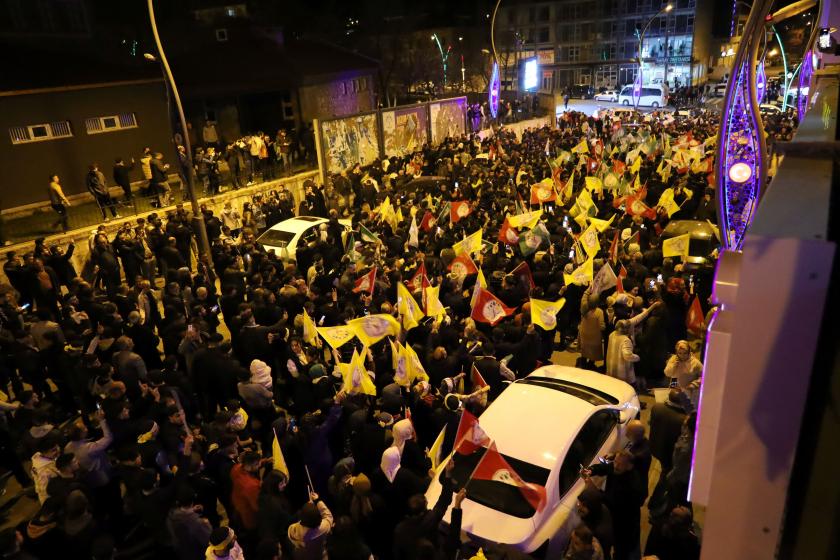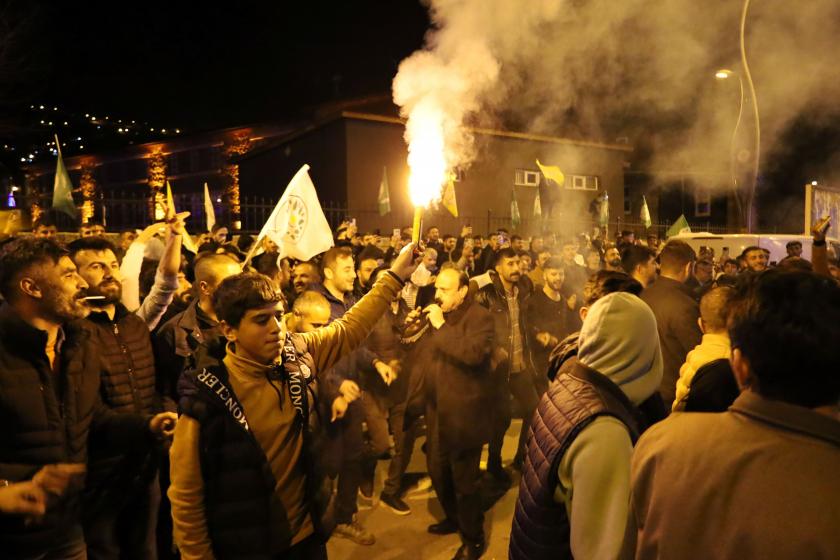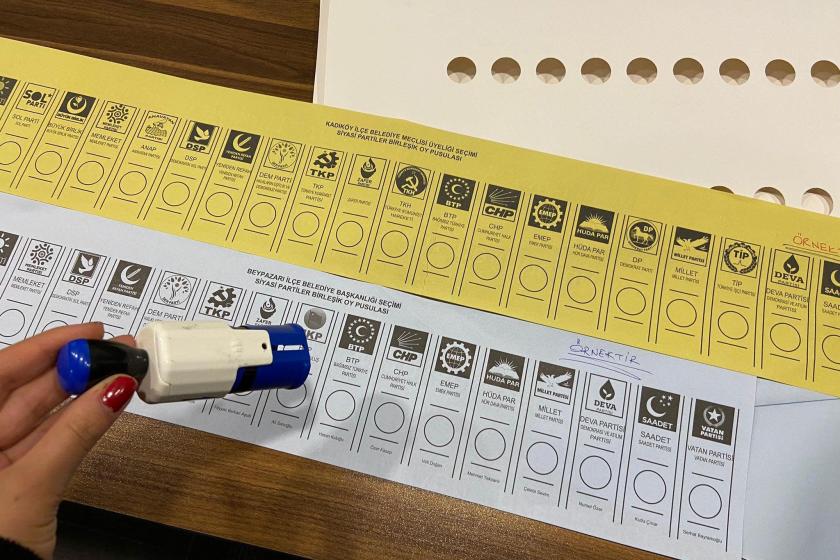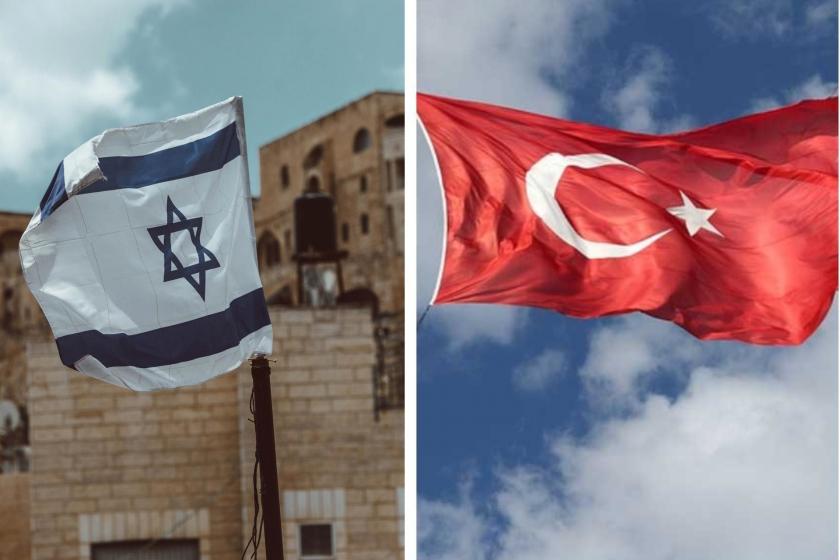17 September 2019 20:48
IPI Deputy Director Scott Griffen wrote this article within the scope of articles by IPI executives and members to address violations of press and freedom of expression in various countries.
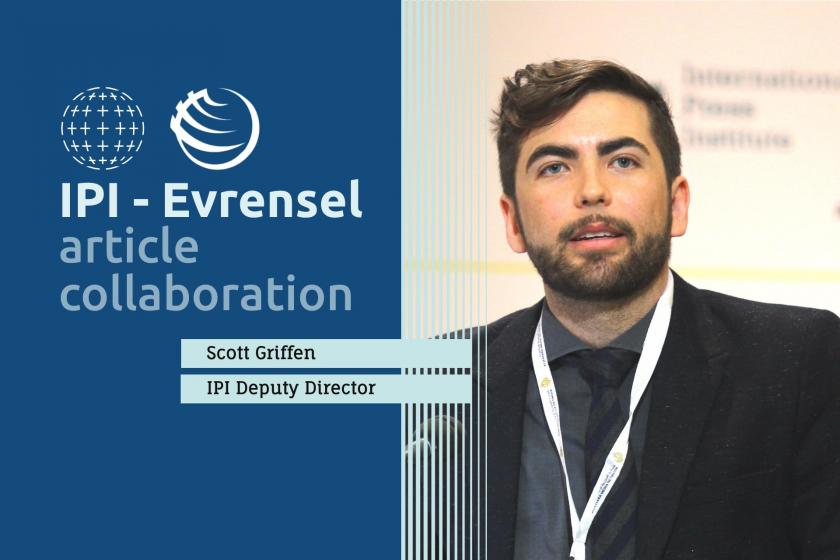
Photograph: IPI
Scott Griffen
IPI Deputy Director
Last Thursday marked an occasion to celebrate for the International Press Institute (IPI) and its members around the world: Turkey’s Court of Cassation vacated a lower court’s conviction of seven former Cumhuriyet journalists, including IPI Turkey National Committee Chair Kadri Gürsel. Those among the seven who were still behind bars were freed Thursday night.
The court’s ruling came just as an international delegation led by IPI and comprising seven other respected press freedom organizations were in Ankara to meet with Turkish officials and institutions, including the Justice Ministry, the Constitutional Court and the Court of Cassation itself.
For the delegation, the question is whether Thursday’s welcome ruling is a real sign of change – or simply an anomaly that happened to coincide with the delegation’s visit. Our conclusion is clear: We remain highly sceptical. For one, 130 journalists remain behind bars in Turkey. For another, regular trial monitoring and analysis conducted by IPI and the Media and Law Studies Association (MLSA) show that Turkish courts continue to regularly and severely violate the rights of journalists in court, a clear sign of the lack of judicial independence in the country. The figures alone leave little doubt that press freedom in Turkey remains in crisis. We remain far away from any real pattern of improvement.
The Turkish government has announced to great fanfare a “judicial reform” package that will, according to the government and a sleek strategy document, restore judicial independence and “introduce provisions that further expand the rights and freedoms of individuals”, including with respect to freedom of expression. Unfortunately, it remains unclear what any of this means, and what it will lead to – the strategy document provides no details. Justice Minister Abdulhamit Gül cancelled a planned meeting on Friday with the delegation on the evening before, complicating our efforts to understand the intentions behind the reform.
Other officials at the justice ministry provided us only with small nuggets of what the reform might contain. For example, the ministry said it plans to implement rules that would prevent judges from being removed from a case or transferred to another region against their will – but only, we were told, to correct the “perception” of political interference in the work of the judiciary. There was no mention of Amendment 159 to the Constitution, which allows for political control over the nomination procedure to the Council of Judges and Prosecutors, affecting the independence of the entire judicial system.
We were also given no commitment regarding a reform of anti-terror and defamation laws, both of which are being used to arbitrarily jail journalists, academics, members of civil society, judges, prosecutors and many others. Nor was there any acknowledgement that anti-terror laws have been misused: Justice ministry officials told the delegation 77 journalists on IPI’s list of jailed journalists were members of FETÖ and 24 were members of the PKK.
The strategy document proclaims that “in the last sixteen years, important steps have been taken towards promoting freedom of expression and media in Turkey”. If there is such an unwillingness to admit the problems at hand, how can we hope for a move back toward protection of fundamental rights? Unless the political will exists to admit and address the media crackdown that has deprived journalists of their freedom and livelihood, and the Turkish public of its right to information, the reform will be merely window-dressing.
We welcome the idea of reform and we are ready to constructively provide our input. But we will not endorse any reform package that does not end the persecution of journalists for their critical work – and nor should Turkey’s international partners.
